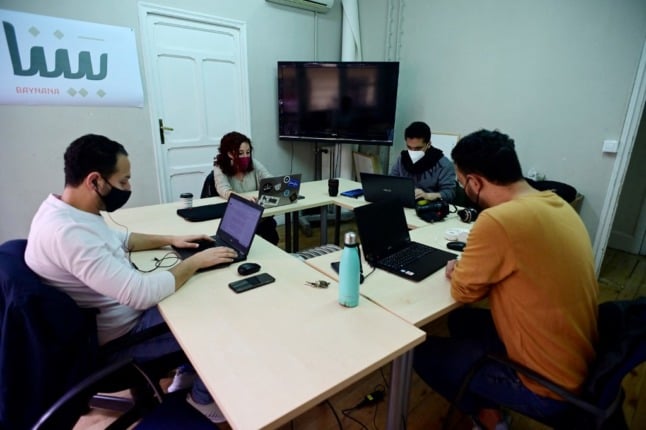MALMÖ
Malmö games start-up wins Supercell backing
The Finnish mobile games giant Supercell has invested 35 million Swedish kronor ($2.6million) in a Malmö games startup, in a further sign the city's games incubators are attracting international attention.
Published: 3 May 2019 14:32 CEST

Some of the Bouncy Tins designed by Luau. Photo: Screen Grab/Luau Games
Malmö's Luau Games, based in the city's Minc Incubator, has so far developed just one game, the as yet unreleased platform game Bouncy Tins.
The game, which features “tiny robots trying to make their way to freedom”, is designed to be easily played with a single finger on a mobile phone.
“I am super proud that we have gained the attention of the world's absolute best mobile games developer,” Luau co-founder Stéphane Stamboulis told the Sydsvenskan newspaper.
“The plan is to develop a new mobile game, which will probably be on the market in around a year.”
Stamboulis and his co-founder Michel Savariradjalou, so far the company's only employees, plan to hire ten colleagues over the next six months.
The two Frenchmen previously worked as art directors at the Malmö offices of the Swedish games giant King.
Url copied to clipboard!


 Please whitelist us to continue reading.
Please whitelist us to continue reading.
Member comments